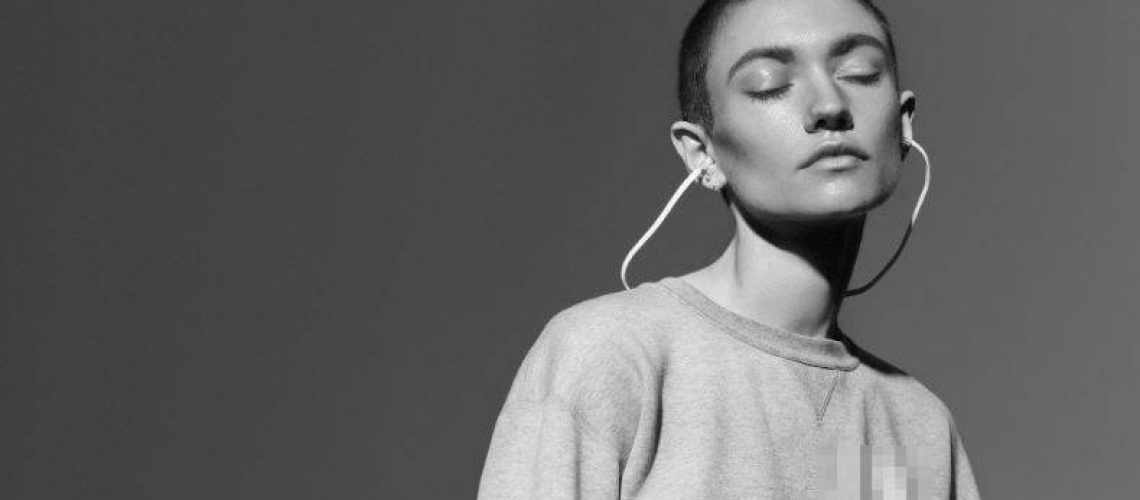
I’m writing this post to tell you guys about something that we overlook often on a daily basis until it’s too late, today I will discuss with you guys some tips that I believe audio engineers should keep a lookout for to protect their most valuable assets as an Audio Engineer. YOUR EARS. Here are 5 Tips + 1 bonus tip to protect ears from damage.
I believe audio engineers should keep a lookout for to protect their most valuable assets as an Audio Engineer. YOUR EARS.
Ronak Runwal Tweet
Acceptable SPL Levels
Turn the speakers or headphones DOWN, not Up! Yes, louder is better and it’s more exciting to listen to music at a louder level, but this comes with a price. Constant exposure to extremely loud sounds is bound to cause irreparable damage to your hearing.
This applies not only to listening to music on headphones or speakers, but this applies to concerts and being outside around loud machinery/traffic as well. Have you ever noticed that tingling sensation in your ear when you listen to something extremely loud in a concert and notice this ringing sound in your ear that lingers for a while after?
This is a way of your ear telling you that it has been overloaded with sound. Time to consider getting earplugs.
Especially musicians who sometimes are exposed to extremely loud sounds on stage, from monitors should make it a point to have their ears protected at all times when on stage.
Do not use low quality or bad in-ears
a. It promotes bad ear hygiene
b. The in-ear driver is extremely close to the ear
c. Some badly manufactured in ears tend to create a lot of distortion which damages hearing
d. Some tight fitting in ears tends to create a suction and apply negative force on the eardrum when pulled out by accident.
If you have a choice, always use over the ear headphones over in ears.

Ear Hygiene
Shoving something in your ear to clean it is a sure shot way for damaging your ears. If you feel that something is wrong, go visit a doctor and they can help you remove any unwanted foreign object in your ear. DO NOT under any circumstances try and do this by yourself.
Duration of Listening / Ear Stress
Give the job role of an audio engineer we are constantly exposed to sounds, and this constant exposure can be a major factor in causing hearing related issues. Think of your ear like a muscle, (well not exactly, but for the sake of this example) it needs time to recover and recalibrate.
Research has proven that your ears need an average of 16 hours of quiet time to recover after an onslaught the previous night at a bar or a venue.
Also, apart from all of this you have to realize that ear fatigue is a real issue as an engineer to deal with. What you should be looking at is to develop a habit of taking regular intervals while working to give your ears time to recover and give you accurate results.
Regular Audiometry and Check-Ups
It is very imported as audio engineers for us to have a very clear idea of what our hearing looks and sounds like.
This is a simple audiometry test that, calculate the frequency response of your ear from 200HZ unto 8Khz (This is the normal range for audiometry as most speech lies in this range), but you can request for audiometry up to 18Khz.
This will give you a clear understanding of which is your dominant ear, and which frequencies your ears respond to more/less.
It is a good idea to get an Audiometry done every 6 months to spot anything wrong with the ear

Physical Activity
It is very imported as audio engineers for us to have a very clear idea of what our hearing looks and sounds like.
This is a simple audiometry test that, calculate the frequency response of your ear from 200HZ unto 8Khz (This is the normal range for audiometry as most speech lies in this range), but you can request for audiometry up to 18Khz.
This will give you a clear understanding of which is your dominant ear, and which frequencies your ears respond to more/less.
It is a good idea to get an Audiometry done every 6 months to spot anything wrong with the ear

